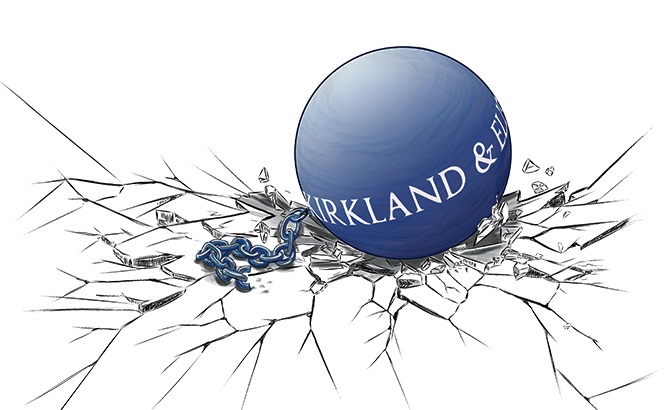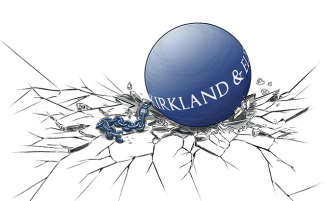Though I’ve always known that soul-of-a-law-firm cover features are the biggest draw for our readers, the response to our Kirkland & Ellis epic in July has been striking. Not since ‘Branded’ two years ago exposed the state of King & Wood Mallesons’ European business has a piece in these pages provoked such an intense reaction. Our team did a good job but that also reflects the hold the K&E phenomenon has taken over the industry’s imagination. Having covered the law for a good number of years, I cannot think of a firm that has attracted such strong emotions split between appalled detractors and the growing band battered into submissive admiration.
The critics loathe the outfit in part for upending some accepted notions of how global law firms are supposed to excel. But most of the distaste springs from the potency of a challenge emerging from outside the profession’s established London and New York elites. Kirkland’s success, however, isn’t just about defying norms. In some areas, Kirkland took platitudes of focus, meritocracy and leadership and turned them into realities. Sometimes brutal realities but that’s reality for you.
Kirkland’s rise also speaks to the fact that the 30-year expansion of the private equity industry proved an unbeatable vehicle on which to hitch legal ambitions. Also fundamental has been a model utterly geared to the dramatic impact that talented, driven and entrepreneurial individuals can have with the right platform. Perhaps Kirkland’s ascent will prove the high watermark of law’s star culture before technology digitises magic into process. If not, rivals should accept there is more to Kirkland’s peculiar culture of excellence than bling and sharp elbows. Nowhere is that more obvious than in its dual tournament model of early associate advancement, the closest Kirkland has to a secret sauce. After locking in talent with a quick crack at non-equity status – a contrast to many peers stretching out the partnership track – talent gets further vetted with the carrot of ultra-lucrative full equity.
Though many criticise the model, as a neutral observer I struggle to find its supposed flaws; Kirkland’s equity/fee-earner leverage isn’t even all that high. But then the legal industry has ignored mounting evidence that delaying advancement of the younger ranks is losing sizeable chunks of valuable talent because that suited older partners.
Even such assets do not make Kirkland unassailable. Fast-growth models are inherently prone to instability and easily store up problems for when expansion eventually stalls. The swirl of gossip surrounding the recruitment of Freshfields playmaker David Higgins has yet to die down; a flame-out in London would be damaging.
It is also easy to imagine problems with lean and robust leadership presiding over a bunch of divas when the handover of much-vaunted chief Jeffrey Hammes takes place. Managing the touted shift to a more consensual style will take some doing. Still, given its gravity-defying emergence over the last 20 years, it will require very good reasons to bet against them. For now, Kirkland is setting the agenda – global peers are merely following in its wake.













